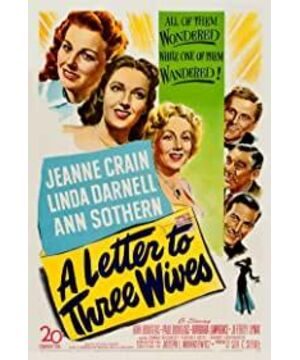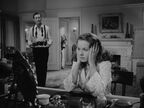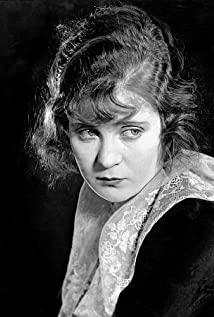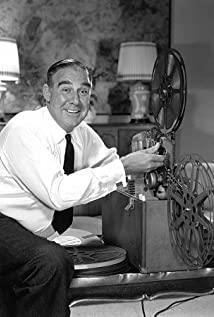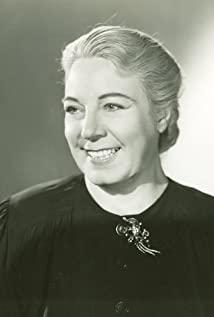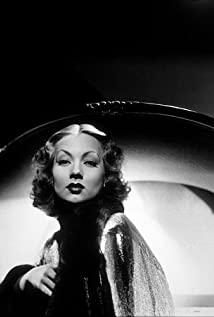... Joseph Mankiewicz’s classic Hollywood melodrama "The Romance of Three Wives" also tells the story of missing women, but it shows the "impossibility of sexual relations" in a more refined way. Although the missing woman never appeared on the screen, she kept appearing on the screen in the form of what Michel Sion called "auditory speech." The story is introduced by the voice-over of Eddie Rose, a femme fatale in a small town. She wrote a letter and asked someone to give it to the three women who were celebrating the weekend on the river, telling them that while they were leaving the town today, she would elope with the husband of one of them. As a result, the three ladies recalled the ups and downs of their marriage experiences in reverse order. Everyone was uneasy and worried that Eddie would choose his husband and elope with him, because they all felt that Eddie was an ideal woman, an elegant woman, with something they didn’t have. It is their marriage is not perfect. The first wife was a nurse, had no education, and had a simple mind. She married the rich man she met in the hospital. The second wife is vulgar and is indeed a very capable professional woman, earning much higher than her husband who is a professor and a writer. The third is that his wife is a working-class nouveau riche, married to a wealthy businessman, does not have any illusions of love, and only seeks to become rich. Naive ordinary girls, capable professional women and cunning nouveau riche have injected discord into marriage in three ways, making them seriously inadequate in the role of wives. In these three situations, Eddie is "another woman" with things they don't have: experience, feminine elegance and financial independence. Of course, the final victory is a happy ending, but this ending contains interesting illocutionary implications. We later learned that Eddie planned to elope with the husband of the third lady, the rich businessman, but at the last moment, the rich businessman changed his mind, went home, and confessed everything to his wife. Although she could divorce him and get a large amount of alimony, she forgave him because she found out that she loved him deeply anyway. The three couples finally came together again, and the threat of ruining their marriage at any time disappeared. However, compared with our initial expectations, the lessons that this movie offers us are a bit ambiguous. This happy ending is not perfect, it always implies a certain kind of renunciation, that is, accepting the following reality: the woman we spend day and night with is never that woman; there is always the threat of disharmony; another woman may appear at any time , This woman has what they lack in their marriage relationship. What brings a happy ending and what brings the husband back to his wife is precisely such an experience: "Another woman" does not exist.
View more about A Letter to Three Wives reviews


